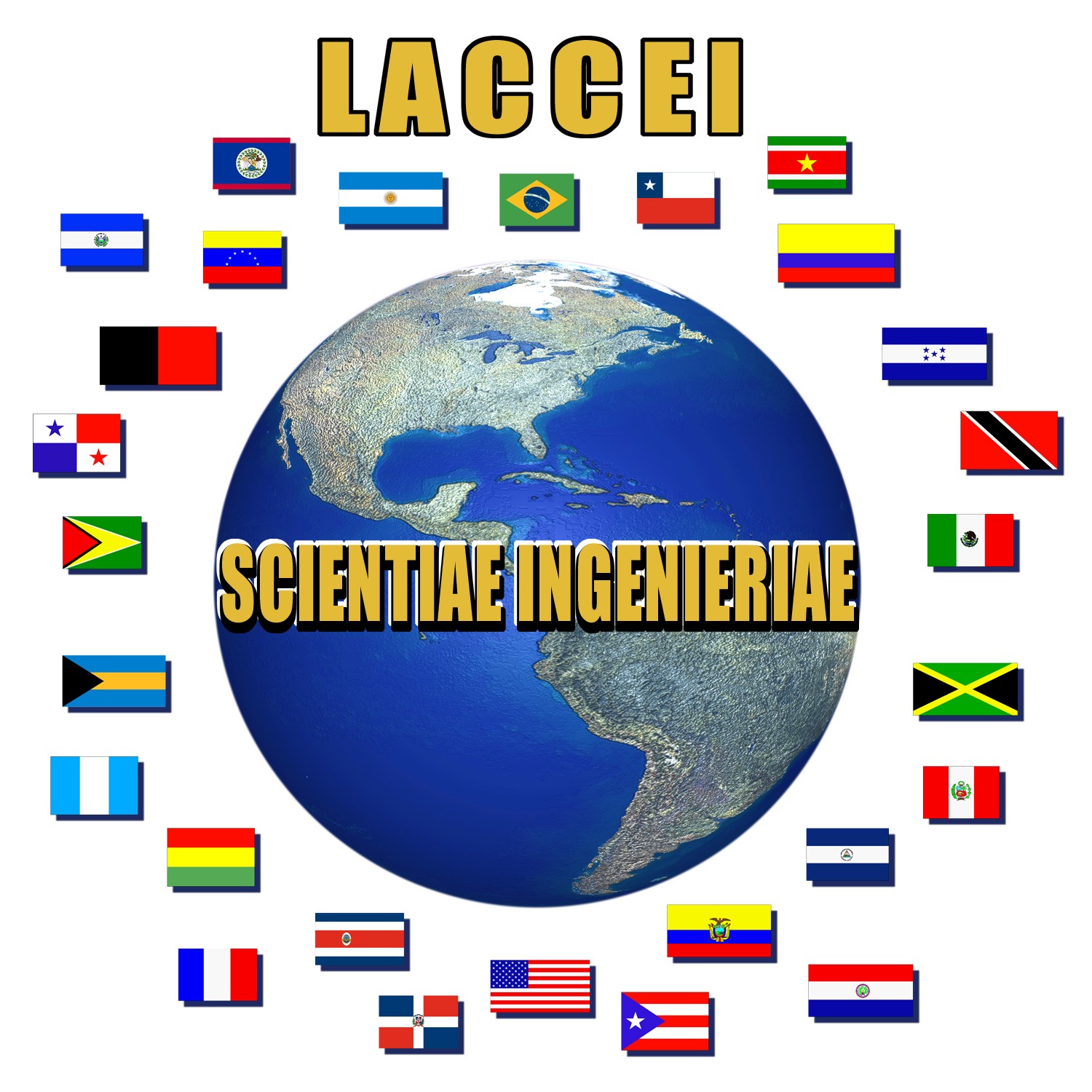
Latin American and Caribbean Consortium of Engineering Institutions
Conference Track: Emerging
Technologies
Selection1:
Keynote
Language:
English
Keywords:
zeolites,ceramic method, membranes,
permeation
Contact Title:: Dr.
Contact First Name: Rolando
Contact Last Name: Roque-Malherbe
University:
Universidad del Turabo
Web:
Position:
Director of the Institute
of Chemical and Biological Technology
Country:
USA
Email:
RRoque@suagm.edu
Fax:
1-787-744 5427
Paper Title:
Synthesis, Characterization and Permeation Study of Zeolite Based
Porous Ceramic Membranes
Abstract:
It was previously shown, that if
natural zeolites are thermally treated, at temperatures higher than
500oC, a phase transformation occurs. Then applying a ceramic methodology,
materials, which possess excellent mechanical properties and are porous
were obtained. In the present study, using XRD, SEM, EDAX, adsorption
methods and permeation tests, new porous ceramic zeolite based membranes,
were synthesized, and thoroughly characterized.
The XRD, SEM and adsorption studies confirmed the previously
obtained results, explicitly, the clinoptilolite amorphization at 600-900
C and that a posterior recrystallization to a siliceous phase and a
compact aluminosilicate phase at 900 – 1150 C is produced. Applying the
Darcy Law, the Permeability [B] and Permeance [P] of H2 and CO2 were
measured.
The membrane pore sizes were estimated, with the help of a simple
model. Also, it was estimated that the predominant flow regime in the
membrane was the gaseous laminar flow. Then, the Darcy Law for gaseous
laminar flow using the Carman-Kozeny relation was applied. With this
relation the membrane pores sizes were measured. It was revealed that the
porosity of the obtained materials can be easily controlled by the help of
the grain size of the original natural zeolite powder. The produced
membranes were further transformed by the hydrothermal synthesis
methodology to obtain materials covered with an AlPO4-5 molecular sieve.
Finally, it was concluded that the obtained membranes could be applied, by
itself, in industrial filtration processes and also as support materials
in composite membranes, for gas cleaning, principally Hydrogen cleaning.
Mailing Address:
School of Science,
Universidad del Turabo
PO Box 3030,
Gurabo,
PR 00778-3030
Phone:
1-787-743 7979 ext. 4260
Other Authors:
R. Roque-Malherbe (P), W. del Valle, F. Marquez
and J. Duconge
School of Science, Turabo University, PO Box 3030, Gurabo, PR, 00778-3030, USA.